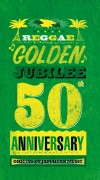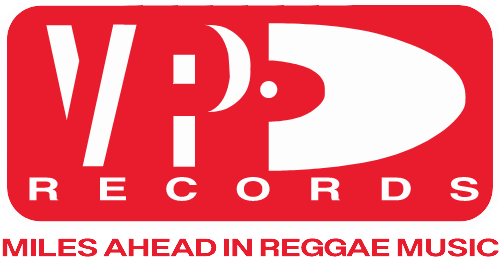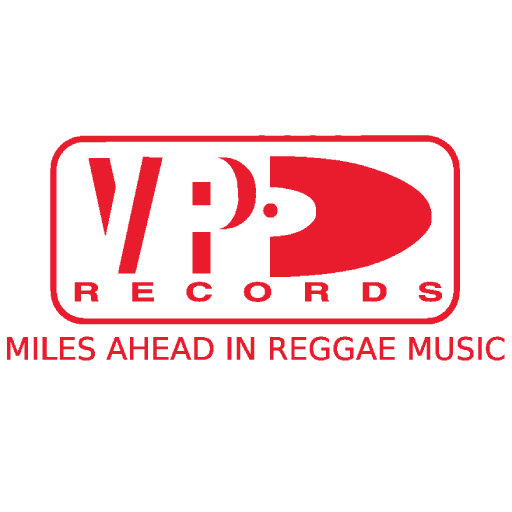 Reggae Golden Jubilee – Origins of Jamaican Music Includes Deluxe Packaging Resembling Hardcover Book, Extensive Liner Notes and 100 of the Island’s Most Celebrated Hits From Peter Tosh, Jimmy Cliff, Bob Marley, Yellowman, Shaggy, Buju Banton, Sean Paul and many more.
Reggae Golden Jubilee – Origins of Jamaican Music Includes Deluxe Packaging Resembling Hardcover Book, Extensive Liner Notes and 100 of the Island’s Most Celebrated Hits From Peter Tosh, Jimmy Cliff, Bob Marley, Yellowman, Shaggy, Buju Banton, Sean Paul and many more.
Music has significantly shaped the political, social and economic DNA of Jamaica. As 2012 marks the island’s 50th year of independence, VP Records offers arguably one of the most historical and genre-comprehensive box sets selected by Edward Seaga, the former Jamaican Prime Minister (1980-1989). Entitled Reggae Golden Jubilee – Origins of Jamaican Music, this 4-disc deluxe collection will hit shelves on November 6 on VP Records. The exclusive product will only be available at retail stores. As a former record company owner and producer, Mr. Seaga was a major pioneering force in the birth and development of the Jamaican music industry, especially the ska movement in the 1960s. This led to the explosive interest in reggae during the ’70s.
Edward Seaga, who is the longest serving member of Jamaica’s Parliament and the only surviving member of the legislature that drafted Jamaica’s Constitution in 1962, has hand picked 100 of the most significant songs to emerge from the country to celebrate the island’s half-century turn of liberation. Reggae Golden Jubilee – Origins of Jamaican Music encapsulates every era over last 50 years with double the hits from artists including Bob Marley and The Wailers, Jimmy Cliff, Peter Tosh, Gregory Isaacs, Dennis Brown, Marcia Griffiths, Yellowman, Beres Hammond, Lady Saw, Buju Banton, Shaggy, Sean Paul, Damian “Jr. Gong” Marley, Mavado and more.
To accompany the music, Seaga has written extensive liner notes and track-by-track notations in the box set’s 64-page booklet. The commemorative 6” x 12” songbook package also includes iconic photographs from Jamaica’s first fifty years, a preface from VP Records President Christopher Chin and a foreword from radio personality Dermot Hussey and reggae historian John Masouri.
Last Week, Mr. Seaga went on two day whirlwind promotional tour around New York City. On Friday October 26th, he stopped byBloomberg’s headquarters to chat with radio host Kathleen Hays for her popular program The Hays Experience. Then, he headed to NYU’s Clive Davis Institute of Recorded Music in an auditorium filled with students and press – where he joined host Vivien Goldman in conversation about the Jamaica’s rich musical history and his unique perspective. On Saturday, October 27 he concluded his trip by meeting and greeting fans at a special album signing held at VP Records retail store in Jamaica, Queens. The store was packed with patrons, press, reggae artists – including Gentleman, Richie Stephens, Gramps and Peetah Morgan – and the entire VP family.
NY1 NEWS reports at VP Retail In-Store Signing with Mr. Seaga
About Edward Seaga’s Musical ContributionsBorn in Boston to a Jamaican-Lebanese family, Seaga graduated from Harvard University in 1952 with a B.A. in Social Sciences. In 1955, he supervised the recording of an album of ethnic music on the Folkways label, a project that grew out of scholarly research. In the late 50s, Seaga founded his own label, WIRL (West Indies Recording Limited) and signed Byron Lee & the Dragonaires, Slim Smith, along with the duo Joe Higgs and Roy Wilson, who scored the massive 1959 ska hit “Manny Oh” that sold over 30,000 copies for Seaga. After becoming a Member of Parliament, he sold the company to Byron Lee, who renamed it Dynamic Sounds Recording, now a popular studio for international stars ranging from Paul Simon to Eric Clapton. While in office, Seaga was able to spread ska far beyond the boundaries of the West Indies. The New York World’s Fair was about to open and he arranged for Prince Buster, The Blues Busters, Derrick Morgan, Desmond Dekker, Jimmy Cliff, Eric Monty Morris and Byron Lee and the Dragonaires to perform there. This opportunity introduced ska to the citizens and the city’s most popular night clubs. He also established the annual Jamaica Festival, which gave the island a chance to showcase its music and culture. Even though Seaga’s formal involvement in music was mostly over after the mid-’60s, his ska contributions laid the groundwork for the explosion of interest in reggae in the United States seven years later, and made it easier for artists like Bob Marley to find an audience in America.


